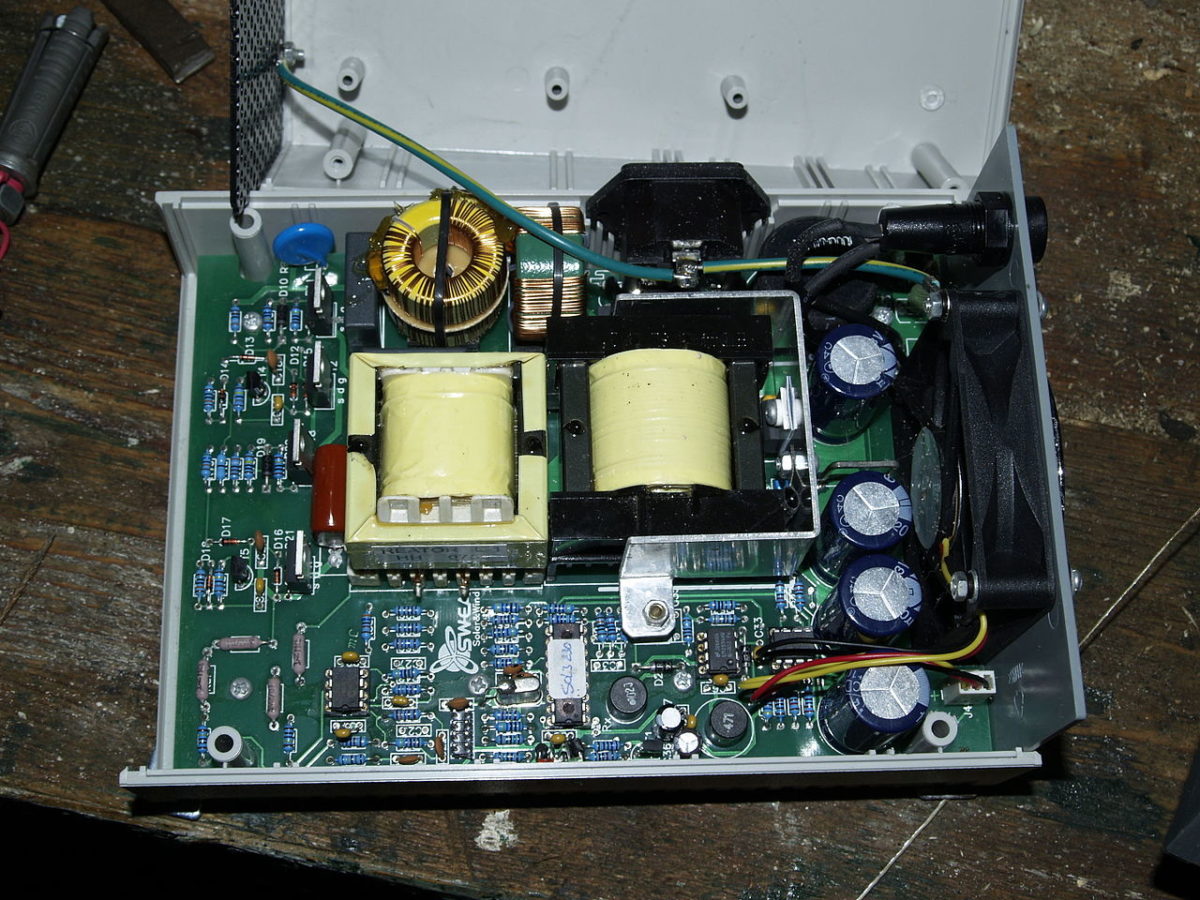An international research group has investigated the effect that solar panel soiling in urban environments may have on the proper functioning of grid-forming (GFo) controlled DC-AC inverters.
Grid-forming inverters are inverters that can support the grid by creating adjustable voltage and frequency and can operate microgrids without conventional synchronous power generators. They can also act as primary mechanisms to improve grid synchronization, especially during low-inertia operating conditions.
The scientists utilized a new approach based on numerically represented I–V curves to assess the impact of soiling on a PV array operating as a hybrid microgrid system with storage and using single-stage GFo inverters.
In the proposed system configuration, two inverters are utilized, with one being the interface between the AC side and 11.2%-efficient PV panels with a power output of 60 W and a tilt angle of 32 degrees, and the other being the connection between the battery and the AC side.
“This kind of grid topology is universal in a certain way because it enables the operation isolated from the main public distribution grid,” the research team explained. “Each of the mentioned inverters is equipped with its own control circuit, which generally functions as a local primary controller, and can possibly be included in the hierarchy of the local energy management system (EMS), as a subordinate.”
The academics analyzed the I–V curves of the soiled photovoltaic panel while also considering irradiation, ambient temperature, precipitation, and relative humidity at the PV testing site located in Niš, southern Serbia, for 168 days. Through these testing operations, the scientists found that solar module soiling has a “significant” impact on microgrid functionality, with power yield being reduced by up to 30%.
“Namely, this leads to potential problems in the micro-grid stability in the case of power disturbances because the critical value of the MPP voltage can be easily exceeded and the entire PV system can enter an unstable operation mode,” they further explained.
Their findings are available in the paper “Performance evaluation of single-stage photovoltaic inverters under soiling conditions,” which was recently published in Ain Shams Engineering Journal. The group includes researchers from the University of Niš in Serbia and the University of Montenegro.
“Soiling is a particularly big problem that must be investigated in more detail in the future, taking into account the fact that the operation mode with GFo algorithms is favored not only in isolated grids, which is the traditional solution, but also in multi-generator grids, which is a modern solution from the aspect of significantly better dynamic performances,” it concluded.
This content is protected by copyright and may not be reused. If you want to cooperate with us and would like to reuse some of our content, please contact: editors@pv-magazine.com.




By submitting this form you agree to pv magazine using your data for the purposes of publishing your comment.
Your personal data will only be disclosed or otherwise transmitted to third parties for the purposes of spam filtering or if this is necessary for technical maintenance of the website. Any other transfer to third parties will not take place unless this is justified on the basis of applicable data protection regulations or if pv magazine is legally obliged to do so.
You may revoke this consent at any time with effect for the future, in which case your personal data will be deleted immediately. Otherwise, your data will be deleted if pv magazine has processed your request or the purpose of data storage is fulfilled.
Further information on data privacy can be found in our Data Protection Policy.